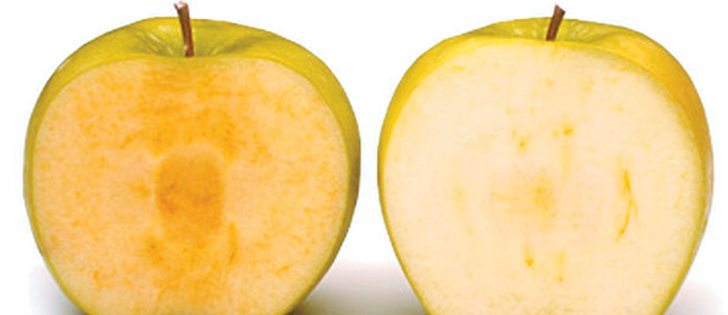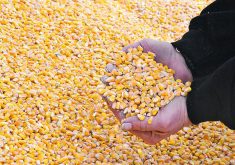Organic activists would like you to believe that their brand pre-exists in nature the way fresh air and clean water do.
It does not.
Organic food exists only because we have come up with a legal framework by which to define it. And it’s a mind-numbing legal framework — just ask any organic farmer who’s behind on his paperwork.
If we were to decide tomorrow that certain GMOs would be acceptable as organic, as former U.S. president Bill Clinton suggested, we could rewrite the law, or we could leave things the way they are, embroiled in controversy.
Read Also

High prices see cow-calf producers rushing to incorporate
Farm accountants are reporting a steady stream of cow-calf producers rushing to get their operations incorporated ahead of selling their calves this fall.
Either way, it’s up to humans to define what “organic” means.
Then there’s the notion that GMOs “contaminate” organic crops, as if we’re talking about dumping effluents into a pristine stream full of brook trout. We’re not. We’re talking about politics, plain and simple.
GMOs are completely safe, so if politicians should ever decide to agree that GMOs actually “contaminate” organic crops, it would be a political rather than a scientific decision to devise a legal construct saying so.
So why do organic activists so fervently embrace the idea of GMO contamination?
It’s simple. Their aim is to sideline agricultural genetic modification and prevent GMO farming from moving forward.
And the gambit is working marvelously: GM flax, wheat, Golden Rice, Arctic Apples, innate potato are all on the sideline, some for more than a decade.
Yes, the U.S. Department of Agriculture’s National Organic Program does stipulate how and when organic crops can become contaminated by synthetic pesticides. This is because pesticides can be harmful if misused. Canada’s organic standards, by contrast, make no such stipulation.
However, there is nothing in the U.S. or Canadian standards that explains how GMOs “contaminate” an organic crop. Organic farmers are prevented from making use of GMOs only because of a political aversion to this science that exists in urban organic circles.
Let’s be clear. Not a single organic crop anywhere in the United States or Canada has ever been decertified as a result of pollen or plant-material drifting onto it from a GM crop.
And yet, even the proponents of GMO farming have come to believe that GMOs contaminate organic crops, wondering how they can help prevent it and, most absurdly, how to insure organic farmers against it.
Apocryphal stories abound of “organic shipments being rejected by buyers” who, we are told, insist on absolute genetic purity. However, 43 percent of American organic food tests positive for prohibited pesticides, and the number is even higher in Canada.
Why don’t organic buyers ever reject those loads? It’s simple. Organic stakeholders no longer care about synthetic pesticides or synthetic fertilizer, even when used fraudulently by organic farmers. They have concluded, erroneously, that the only way forward for organic farming is to ban all new GM crops.
Nice try boys, but the jig is up. And no, it is not “inflammatory” or “mean-spirited” to point any of this out. It’s the law.
Organic farmers are not required to keep their crops 100 percent or 99 percent or even 90 percent GMO free. In fact, they’re not required to observe any threshold limit on GMO content in their organic crops, with the exception of organic seed production.
Organic standards were written by organic stakeholders, so there is absolutely no excuse for ignoring them.
There’s been peaceful coexistence between organic and GMO farmers since GMOs were first introduced two decades ago. And there is no basis for a GMO-free definition of organic. The whole premise of being organic is, after all, pure artifice from start to finish.
The time has come to stop organic activists from creating controversy where none exists. We should strengthen the peaceful coexistence that has always existed be-tween organic and GMO farmers wherever GM crops are grown, and look forward to the day when we might even see the world’s first certified-organic, genetically modified crop.
In fact, it would be mean-spirited to do otherwise.
Mischa Popoff worked for five years as a U.S. Department of Agriculture organic inspector, and was assisted in writing this article by Hans-Jörg Jacobsen, Klaus Ammann, Al B. Wagner, Jerzy Nowak, Pierre Desrochers, Bruce Thornton, Robert Wager, Patrick Moore, Antonio Saltini and Adrian Dubock.















